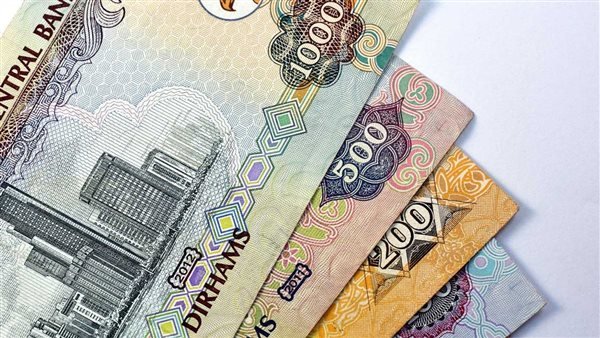
Nigeria’s oil imports fell by 35 percent in the second quarter of 2024, to $2.79 billion, down from $4.31 billion in the previous quarter, according to the Central Bank of Nigeria’s quarterly economic report for the second quarter of 2024.
The decline highlights the changing dynamics in the country’s oil and gas sector amid the ongoing structural and economic adjustments following the removal of fuel subsidies under the administration of President Bola Tinubu.
The report also noted that the total value of goods imports also contracted, falling by 20.59 percent to $8.64 billion from $10.88 billion recorded in the first quarter of 2024.
He added that the sharp decline in oil imports contributed significantly to this trend.
The report stated: “Imports of goods declined in the second quarter of 2024, following a decline in imports of petroleum products.
Imports of goods fell by 20.59 percent to $8.64 billion, from $10.88 billion in the first quarter of 2024.
Analysis by composition indicated that oil imports decreased to $2.79 billion, from $4.31 billion in the previous quarter.
Non-oil imports also fell to $5.85 billion, from $6.57 billion in the previous quarter.
A breakdown of total imports showed that non-oil imports accounted for 67.72 percent, while oil imports accounted for the rest.
The report also pointed to pressures on domestic production, which fell by 4.51 percent to 1.27 million barrels per day.
Domestic crude oil production declined in the second quarter of 2024, due to ongoing oil theft and illegal refining activities in the Niger Delta region. Nigeria’s average crude oil production fell by 4.51 percent to 1.27 million barrels per day in the second quarter of 2024, from 1.33 million barrels per day in the previous quarter.
“This was due to the theft of crude oil and sabotage of pipelines in the Niger Delta region, which reduced production from the Forcados, Bonny, Kwa-Ibo, Escravos and Bras streams respectively. Nigeria’s level of crude oil production fell below its OPEC quota of 1.58 million barrels per day by 308,000 barrels daily in the second quarter of 2024.”
However, despite these setbacks, global crude oil prices provided slight relief. Nigeria’s benchmark crude, Bonny Light, saw its price rise to $86.97 per barrel in the second quarter of 2024, providing some relief to export earnings according to the report.
Crude oil and gas exports amounted to 87.38% of total export revenues during the quarter, although revenues decreased slightly to $12.18 billion from $12.42 billion in the first quarter.
Earlier, the Central Bank of Nigeria released a total sum of $2.97 billion to oil sector players to import petroleum products and other related items into the country.



